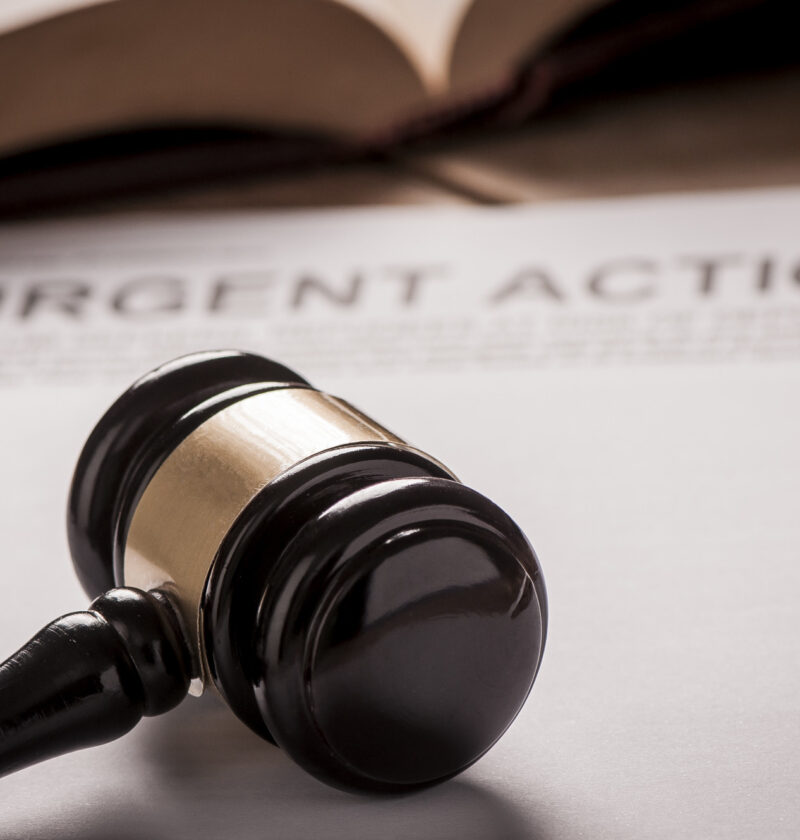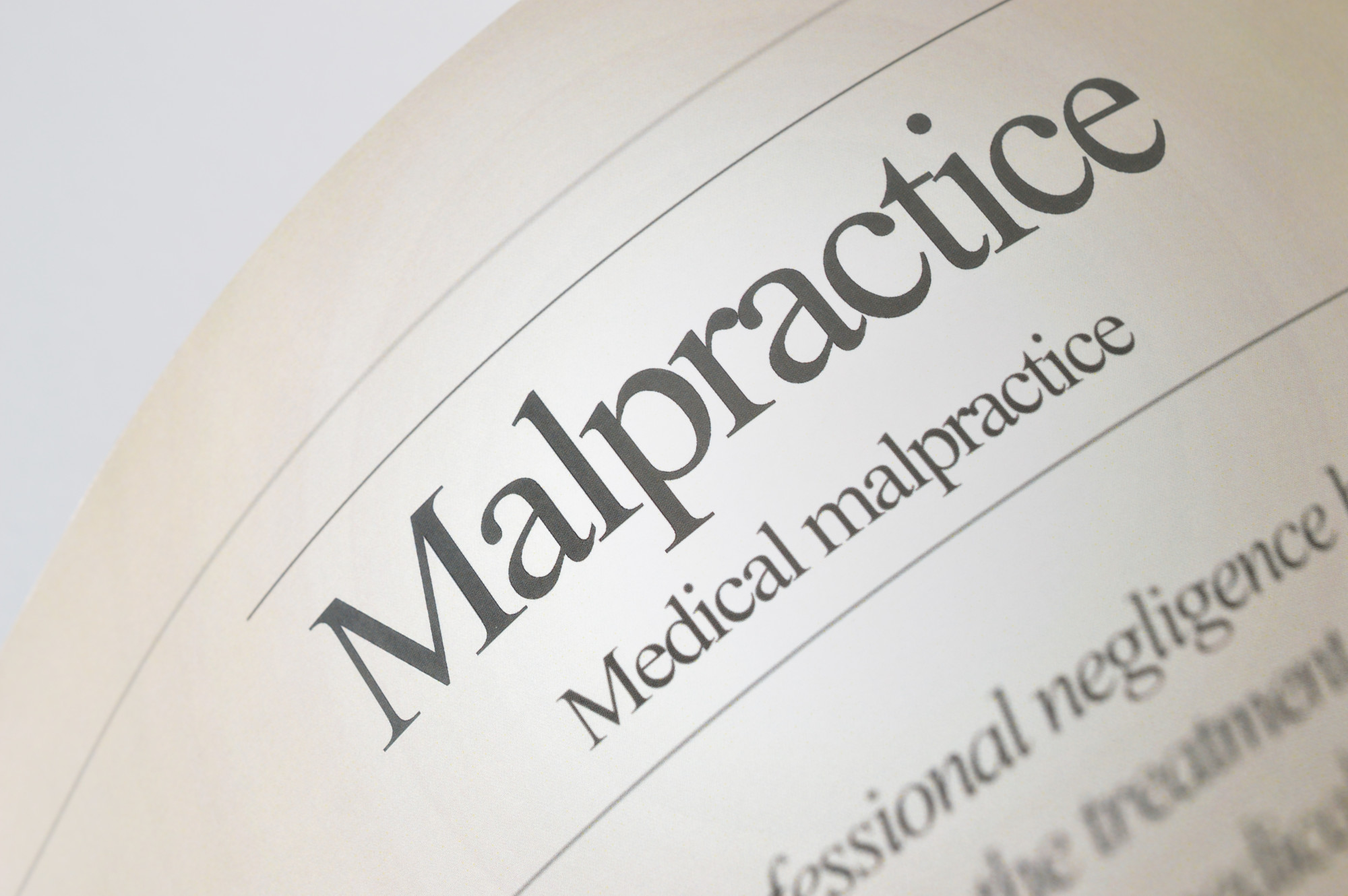Watch any legal drama series such as The Good Wife and you’re bound to see someone “subpoenaed” at some point. There was even an unforgettable scene in The Wolf of Wall Street where Donnie Azoff dumps a bunch of subpoenas in a wastepaper basket and starts peeing on them.
But what is a subpoena anyway? And what should you do if you get one?
You likely already know that it’s not a great idea to copy Azoff if you do receive a subpoena. But, it can be tough knowing what your next steps should be if you’ve never been involved in legal proceedings before.
Luckily, we’re here to help! Keep reading to learn all the legal terms and tips you’ll need with this quick guide to subpoenas.
What Is a Subpoena?
A subpoena (pronounced suh-pee-nuh) is a court-ordered demand that requires you to do something relating to a pending legal case. This might be an order to produce documents, appear in court, or provide deposition testimony.
What Should You Do if You Receive a Subpoena?
First of all, don’t ignore it. The term “subpoena” comes from Middle English via Latin and means “under penalty”, which is what will happen to you if you fail to comply with the subpoena. These penalties can include fines, jail time, or both.
That said, although all subpoenas come with instructions, each document will have unique requirements. It’s a good idea to contact your legal representative or hire a lawyer if you don’t yet have one as complying with the terms may not be easy without legal help.
You may even need to hire a specific attorney to ensure you have the best lawyer for your case. For example, if you’re a nurse and you’ve received a subpoena regarding a complaint against you, you’ll need to consult with an experienced nursing license defense attorney.
Different Types of Subpoena
Some common types of subpoena include:
- Witness Subpoena – This kind of subpoena orders you to appear in court to provide information as a witness to a particular incident, indicating the date and time you need to appear
- Evidence Subpoena – If you have vital documents or records pertaining to a case, an experienced lawyer can serve you with this kind of subpoena ordering you to scan and email the required documents by a certain date
- Deposition Subpoena – This type of subpoena orders you to answer questions about a case or provide related documents as part of the deposition process. The information you provide may or may not then be used during a lawsuit depending on how helpful the lawyers believe it to be
Regardless of the type of subpoena you receive, it’s vital for you to comply with the order and attend legal proceedings when required. Even if you lack the information requested, you may still have to go to court to explain this in person.
Your Quick Guide to Subpoenas
If you’ve ever wondered “what is a subpoena?”, this quick guide should have made things a lot clearer for you. That said, if you’re looking for legal help are receiving a subpoena, you should hire a lawyer to guide you through the process and explain all the legal terms to you.
Want more interesting insights and helpful advice? Be sure to check out all the latest blog posts for great tips and tricks on everything from real estate to relationships.







